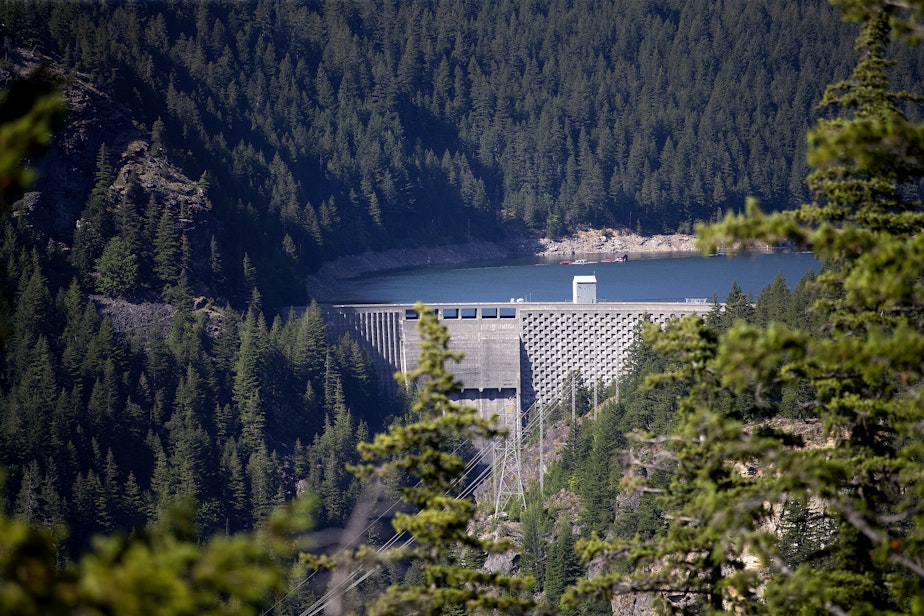Demand for electricity in the Pacific Northwest expected to jump 30%

Demand for electricity in the Pacific Northwest is expected to rise dramatically over the next decade and the region’s power sources may not be able to keep up.
That’s according to a new annual report out this week from the Pacific Northwest Utilities Conference Committee.
The Portland-based industry think tank projects demand will grow by over 30% over the next 10 years. That's three times the growth in demand the group predicted three years ago.
"It really is this dual challenge of meeting this extraordinary growth and demand for electricity — while you're transitioning to lower carbon emitting resources — that is translating into an urgent and tremendous need for upgrading the region's electricity infrastructure," said Crystal Ball, executive director of the group.
RELATED: Can Microsoft become an AI leader and maintain its ambitious goals to cut carbon emissions?
One of the biggest reasons for this trend, Ball said, is the expansion of large data centers in Washington and Oregon — fueled by the area's historically affordable electricity rates.
Sponsored
"That's an economic advantage that we have here in the Northwest, compared to other states in the nation," she said.
Other factors include the rise of high-tech manufacturing and electrification of homes, buildings, and transportation.
To keep up with this rising demand in the coming years, Ball said the region needs to upgrade its electricity infrastructure and storage. More specifically, she said the Northwest should follow California's lead by investing in storage batteries.
RELATED: Why lasers could help utilities make the electrical grids greener
"When, you know, the sun goes down and there's still demand, these batteries can discharge and provide energy to the grid," she said.
Sponsored
Ball says the Northwest needs longer-duration storage batteries during grey, rainy winters.
"This is the season that we need the most energy," she said, "and that's the season when we don't have as much sun in this region."
Batteries would also help store excess wind power for days when the wind isn't blowing.
RELATED: How Giant Batteries Are Protecting The Most Vulnerable In Blackouts


